Everything changed the day I found myself halfway through detailing a friend’s SUV, scrambling from spot to spot to find enough water to finish the job. In that frustrating moment, I realized the true importance of reliable mobile detailing water tanks. Like discovering that Jeep engineering wasn’t just about machinery, getting the right water tank would make all the difference in my detailing endeavors. If you’ve spent any time in the mobile car wash sector, you understand that efficiency and professionalism hinge on your equipment choices. Selecting the right water tanks for car wash services can transform a chaotic day into a seamless operation. Yet, what makes a water tank truly ideal for mobile detailing? As we explore this, consider the impact on both your workflow and, ultimately, your bottom line. Let’s dive into the essentials that every detailer should know when navigating the world of water tanks.
Why You Need a Water Tank for Mobile Detailing
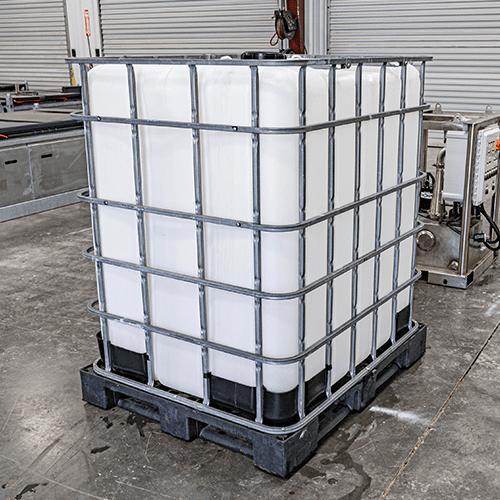
Did you know that over 70% of mobile detailers consider water supply one of their biggest challenges? In my early detailing days, I failed to recognize just how crucial a dedicated water tank is for efficiency. Initially, I underestimated its importance, which led to a pattern of constant interruptions and logistical headaches. Each job demanded meticulous timing around when and where I could fill my tank. This wasn’t just a drain on my time—it was also a source of frustration for my clients when I couldn’t stick to a schedule.
Investing in a reliable water tank has been a game-changer for me as a mobile detailer. Let me tell you, having a consistent water supply at my fingertips enables me to work smarter, not harder. It’s about mastering control over your workflow—being ready to tackle any detailing task without the constant worry of running dry. A good water tank does not just offer convenience; it empowers you to enhance your service quality and client satisfaction.
Trust me, that initial investment will pay dividends in the long run. You’ll no longer be held hostage by unpredictable fill-up schedules and can focus more on the finer details that truly matter to your business. With the right water tank, delivering top-notch service becomes not just feasible, but your new standard.
What to Consider When Purchasing Water Tanks
Tank Size and Capacity
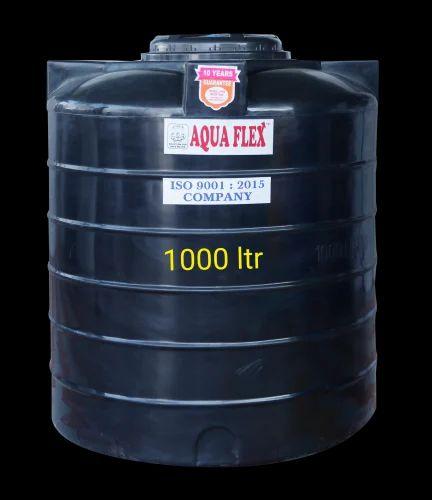
How much water do you really need for a full day of detailing? This question is crucial for any mobile detailer aiming to maintain efficiency and service quality. I once tried to make do with a smaller tank, thinking it would suffice. The reality hit when I was halfway through a detailing job and ran out of water. I learned the hard way: it’s better to have excess capacity than to rush or cut corners because of dwindling supplies. Always consider the size based on your typical workload—don’t make the mistake I did!
When considering tank size and capacity, a 100 gallon water tank often strikes an ideal balance for many detailers. It offers enough volume to handle several vehicles without frequent refills. Detailing tank capacity is pivotal in ensuring that you can complete your jobs efficiently, supporting consistency and customer satisfaction. By assessing your daily operational demands, you can choose a tank size that not only meets your water needs but also complements your workflow. Without the right capacity, you’re at risk of interruptions, which can be detrimental to both your schedule and reputation.
Choosing the right tank size isn’t just about convenience; it’s about making sure your business runs smoothly without unnecessary pauses. Alongside other considerations like durability and material, size should be at the forefront of your decision-making process. It sets the foundation for optimizing your mobile detailing service, allowing you to focus more on what you do best. Next, let’s explore the impact of durability and material choices on your water tank investment.
Durability and Material

Did you know that the material of your water tank can affect both weight and longevity? This knowledge is crucial for mobile detailers. I recall a time when a cheaper tank made of less durable material cracked on me mid-transport, resulting in a frantic cleanup. Learning from my error, I realized the significance of choosing the right materials—especially after my engineering experiences at Jeep. For mobile auto detailers, opting for durable water tanks can save time and money.
Materials like polyethylene are lightweight yet durable, providing the needed resilience for frequent use and movement. This is where IBC tanks for detailing come into play, as they offer the perfect blend of durability and transportability. Your choice in material will influence not only your tank’s lifespan but also its practical utility—ensuring that your investment stands the test of time and delivers performance when you need it most. Choose wisely, and your water tank will be a reliable partner in your detailing endeavors.
Where to Buy Water Tanks
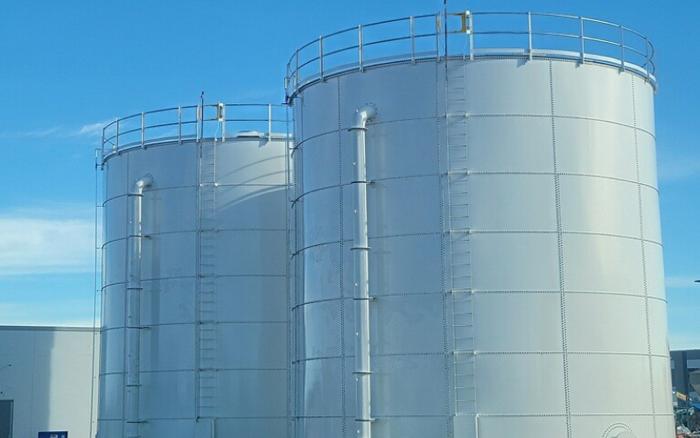
As a mobile detailer, finding the right water tank is crucial. The market is flooded with options, making it essential to explore different avenues before committing to a purchase. My journey through both local stores and online platforms taught me the significance of thorough research. What if I told you that some of the best deals on water tanks could be found online? This revelation came after I bought a quality tank at a nearby store, only to discover later that ordering online could have saved me over 20%.
Shopping online opens up a world of possibilities that physical stores might not offer. You can browse through extensive reviews, compare prices easily, and often find promotions that aren’t available locally. Platforms like Amazon, eBay, and specialty detailing websites frequently offer competitive pricing and a wide range of choices. Always read user experiences and ratings; they can provide invaluable insights into the tank’s long-term performance.
Of course, there are still merits to visiting physical stores. You can inspect the tank firsthand, gauge material quality, and even negotiate prices, something that’s harder to do online. Navigating both worlds allows you to make an informed decision, ensuring the tank you choose aligns perfectly with your mobile detailing requirements.
When to Install Your Water Tank
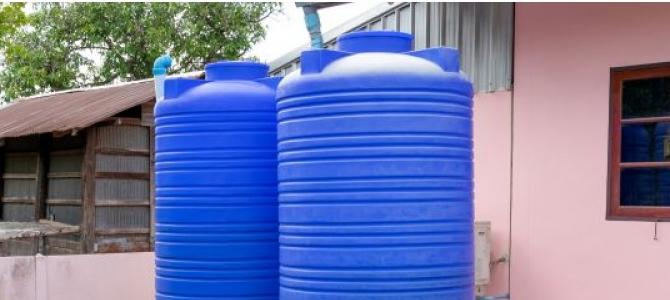
Have you ever struggled with the logistics of setting up a new water tank? I certainly have, and it was a lesson learned the hard way. I remember trying to set up a new tank the night before an important detailing job. The installation took longer than expected, leaving me frustrated and unprepared. From that experience, I learned that installing your water tank well ahead of your first job is crucial.
Proper planning and having a set installation schedule can save you significant headaches. I’ve realized that installing your tank when you’re not on a time crunch ensures you’re ready when the client calls. Choose a day when you can devote your full attention, allowing time to troubleshoot any unforeseen issues.
This strategic timing not only reduces stress but also ensures that your setup is seamless and efficient. By installing early, you’re not just preparing for a specific job; you’re setting yourself up for success in every detail. Live through your experiences and let those inform your choices. Trust me, the peace of mind is worth every moment of foresight.
How to Maintain Your Water Tank
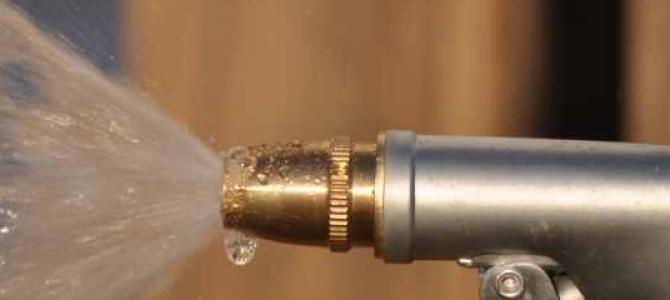
Did you know that improperly maintained water tanks can lead to algae growth? As a mobile detailer, maintaining your water tank isn’t just an afterthought—it’s crucial to the quality of service you provide. In my experience, neglecting this can lead to costly problems down the line. I remember an incident where algae not only contaminated the water but also caused damage to my tank. That taught me an invaluable lesson.
To prevent such issues, I recommend setting regular cleaning days for your water tank. This routine maintenance ensures that no algae or sediments build up, compromising the water quality crucial for effective detailing. Using safe cleaning solutions specifically designed for water tanks can help maintain both the tank’s integrity and the water’s purity.
Remember, it’s not just about keeping the tank functioning—it’s about offering your clients the quality service they deserve. The last thing you want is to halt your business because of something as preventable as algae. So, make tank maintenance a priority. It’s a small task, but it pays dividends in ensuring your equipment operates smoothly and efficiently, ultimately saving you from more significant issues and costs later.
Through these simple maintenance steps, you safeguard both your investment and your reputation. As someone who has learned this through trial and error, trust me—keeping your water tank in top condition should always be at the forefront of your planning.
FAQs
What Size Water Tank Do I Need for Mobile Detailing?
What Material Should I Choose for My Water Tank?
How Do I Maintain My Water Tank?
Are There Regulations I Need to Follow?
Can I Use My Water Tank in Cold Weather?
Conclusion
Are you ready to take your mobile detailing business to the next level? Choosing the best water tanks for detailing is crucial to your success. It’s more than just about efficiency or meeting standards—it’s about your business’s growth and your clients’ satisfaction. Investing wisely in the right equipment translates directly to an enhanced service experience. In my journey as a mobile detailer, I’ve realized how essential the right water tank can be. Trust me, it’s a game-changer that can elevate your detailing service and fortify your reputation. Ready to make that decision?